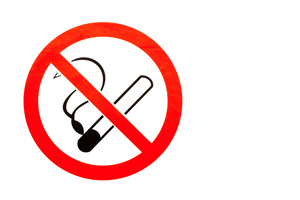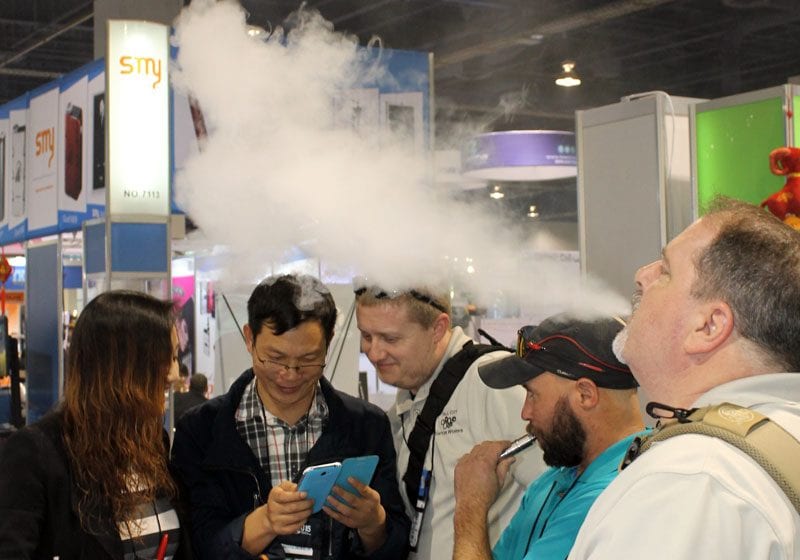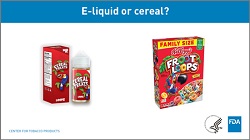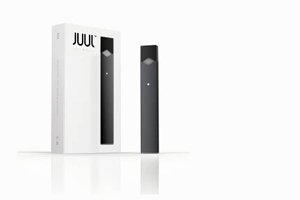Tobacco and nicotine appear at number seven on the 10 Health Recommendations for Successful New Year’s Resolutions put out yesterday by the American Medical Association (AMA).
In a press note, the AMA said that, with the new year quickly approaching, it was offering 10 recommendations to help Americans make the most impactful, long-lasting improvements to their health in 2019.
“This is the perfect time of year for each of us to consider our personal goals, and how we can make positive health choices in the coming year,” said AMA president Barbara L. McAneny, M.D.
“We encourage everyone to prioritize their long-term health by making small lifestyle changes now that can have a lasting effect in improving their health.”
Although the recommendations are aimed at ‘Americans’, most of us could all do with making some changes to our lives; so here are the 10 recommendations listed in the press note, edited slightly.
- Learn your risk for type 2 diabetes and the steps you can take to help prevent or delay the onset of type 2 diabetes.
- Be more physically active. Adults should do at least 150 minutes a week of moderate-intensity activity, or 75 minutes a week of vigorous-intensity activity.
- Know your blood pressure numbers and take the necessary steps to get your high blood pressure, also known as hypertension, under control. Doing so will reduce your risk of heart attack or stroke.
- Reduce your intake of processed foods, especially those with added sodium and sugar. Also reduce your consumption of sugar-sweetened beverages and drink more water instead.
- If a health care professional determines that you need antibiotics, take them exactly as prescribed. Antibiotic resistance is a serious public health problem and antibiotics will not make you feel better if you have a virus, such as a cold or flu.
- If consuming alcohol, do so in moderation and only if you are an adult of legal drinking age.
- Talk with your doctor about tobacco and nicotine use and quit. Declare your home and car smoke-free to eliminate exposure to second-hand smoke.
- Pain medication is personal. If you are taking prescription opioids, follow your doctor’s instructions, store them safely to prevent diversion or misuse, and properly dispose of any leftover medication.
- Make sure your family is up-to-date on their vaccines.
- Manage stress. A good diet and daily exercise are key ingredients to maintaining and improving your mental health, but don’t hesitate to ask for help from a friend or mental health professional when you need it.










